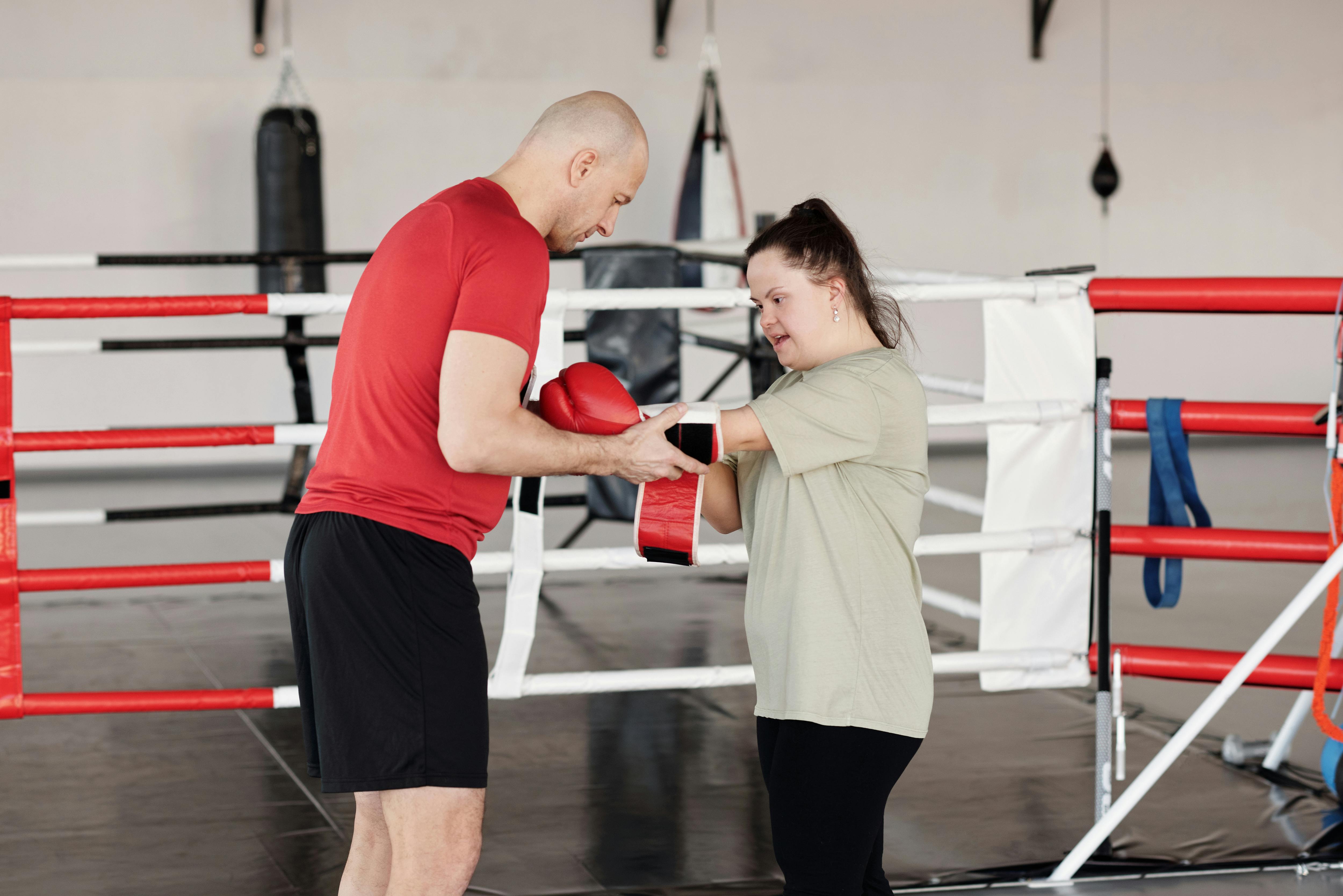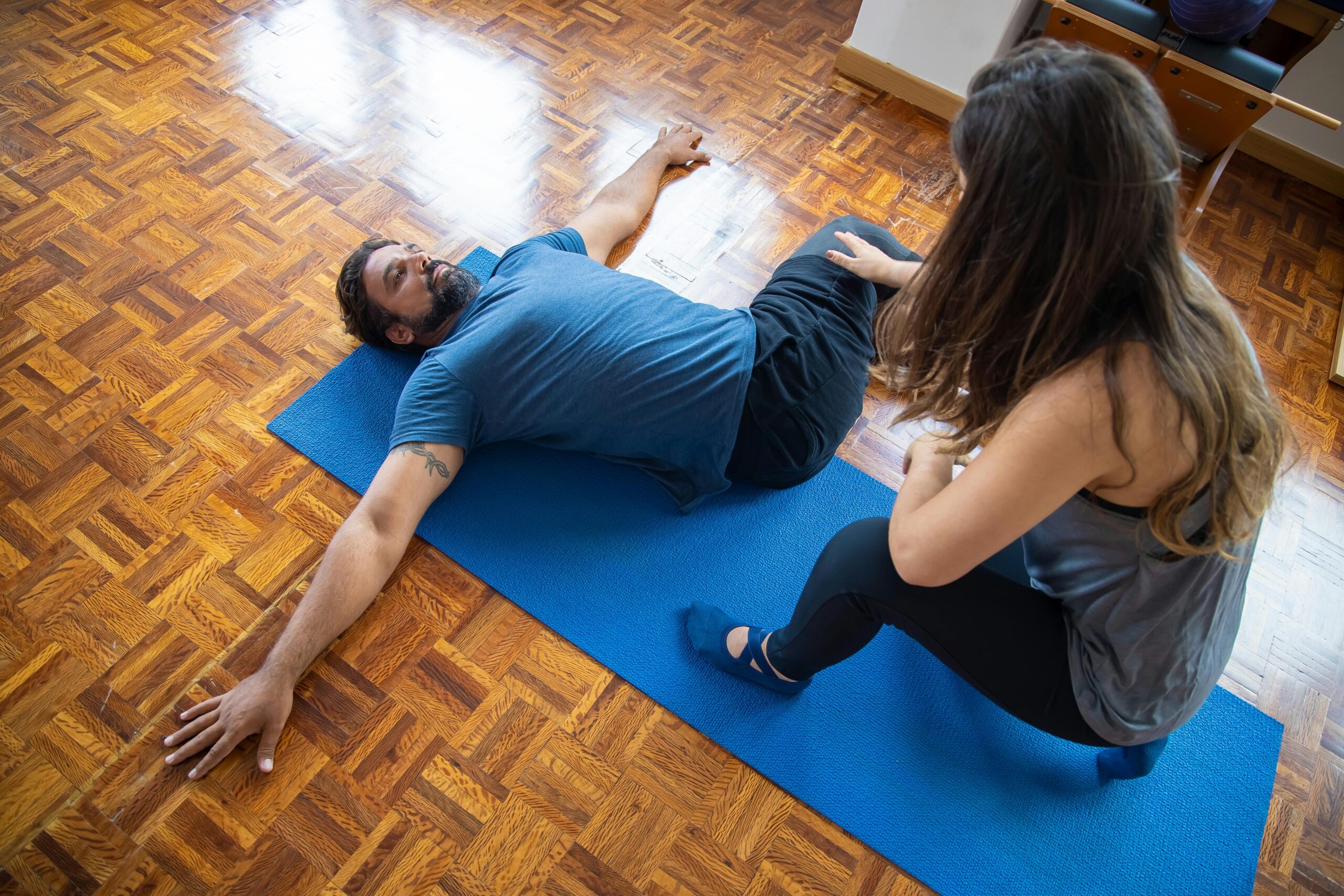10 Smart Ways to Optimize Your Gym Plan in 2025 for Maximum Results
Essential Strategies to Enhance Your Fitness Program
Understanding Your Fitness Goals
Setting clear fitness goals is paramount for anyone looking to optimize their gym plan. Whether your aim is muscle building, weight loss, or improving endurance, defining your objectives gives direction to your fitness journey. Personal trainers often emphasize the importance of goal clarity, encouraging individuals to establish short-term and long-term aspirations. For example, a short-term goal could be to enhance your cardio workouts, while a long-term goal might involve achieving a specific body composition.
Connecting your goals with measurable outcomes fosters accountability, encouraging you to track progress regularly. Utilizing fitness apps can help in monitoring your achievements and maintaining motivation. Embracing a holistic approach that includes nutrition and recovery strategies along with workout routines enhances the effectiveness of your fitness program. By aligning your workouts with your personal goals, you can optimize every training session for maximum results.
Personalizing Your Training Routine
A personalized training routine caters to individual fitness levels, preferences, and lifestyles. Achieving optimal results requires tailoring workouts that address unique strengths and weaknesses. For instance, if you excel in strength but struggle with endurance, integrating specific HIIT training sessions can significantly enhance your overall performance.
Professional assessment tools and fitness evaluation can help identify areas for improvement. Additionally, utilizing resources like fitness tutorials and community advice can contribute significantly to formulating an effective strategy. Engaging with a personal trainer for personalized training units is also advisable to ensure that the routine aligns perfectly with your fitness aspirations.
Incorporating Strength Training for Muscle Building
Strength training remains one of the most effective methods for muscle building. During your gym sessions, focusing on compound exercises such as squats, deadlifts, and bench presses allows for maximum engagement of muscle groups. Incorporating techniques like progressive overload—gradually increasing weights—ensures continuous muscle adaptation, fostering growth over time.
It’s essential to monitor your training intensity and ensure that your strength training aligns with your overall fitness plan. Setting weekly goals for weights and repetitions can keep you motivated and challenge your limits. Don’t forget to incorporate recovery strategies between sessions to prevent injuries and maintain appropriate energy levels.

Effective Techniques for Weight Loss
Combining Cardio and Strength Training
For effective weight loss, merging cardio workouts with strength training proves to be beneficial. While weight training builds muscle, which contributes to a higher resting metabolism, cardio aids in burning calories. Adopting a mixed workout regimen can maximize results. For instance, alternating between strength and cardio sessions throughout the week balances calorie consumption and enhances muscle definition.
Exploring diverse cardio options, such as cycling or running, not only keeps routine engaging but also aids in achieving fat reduction goals. Furthermore, tracking your calorie burn using fitness devices can help set realistic milestones and assess your progress towards your weight loss objectives.
Nutrition Strategies to Support Your Gym Plan
Successful fitness journeys heavily rely on dietary choices. A robust understanding of nutrition plays a vital role in any fitness program. Consuming meals rich in protein aids in muscle recovery after tough workout sessions. Complementing your meal plan with sufficient carbohydrates can provide the necessary energy for effective workouts, especially in endurance and HIIT training.
Integrating pre- and post-workout nutrition emphasizes the relationship between food and training. For example, having a protein shake post-workout can speed recovery while ensuring muscle repair. Moreover, incorporating expert nutritional advice or working with nutritionists to devise a sports nutrition plan can effectively align your dietary habits with your fitness goals.
Crucial Aspects of Recovery for Optimal Results
Incorporating Rest and Active Recovery
Recovery is a fundamental aspect of any effective gym plan. Prioritizing active recovery, which includes low-intensity activities on rest days, helps alleviate muscle soreness and improve overall performance. You might consider light biking, yoga, or walking, which can facilitate blood circulation and aid in muscle repair.
Moreover, sleep plays an undisputed role in your recovery process. Aim for 7-9 hours of quality sleep each night, as growth hormone release predominantly occurs during sleep and aids in muscle growth and recovery. Investing in self-care practices boosts overall well-being and supports sustained energy during workouts.
Understanding the Importance of Stretching and Warm-up
Before engaging in a workout, it’s crucial to prioritize warm-up and stretching routines. These practices enhance flexibility, minimize injury risk, and prepare your muscles for the upcoming exercises. A suitable warm-up routine might include dynamic movements like arm circles, leg swings, and gentle jogs.
Post-workout stretching can also improve recovery by increasing muscle elasticity. Techniques such as static stretching post-exercise contribute to maintaining a full range of motion, assisting in muscle definition and preventing stiffness. Regular incorporation of these practices into your fitness plan yields substantial long-term benefits.

Monitoring and Adjusting Your Fitness Strategy
Utilizing Fitness Technology
Leveraging technology in monitoring training progress and results can provide immense insights into your fitness journey. Fitness trackers and mobile apps offer capabilities to log workouts, analyze personal data, and set achievable goals. By consistently monitoring metrics such as heart rate and calories burned, adjustments to training intensities can be made accurately.
Engaging with fitness communities online can further enhance motivation and provide accountability. Sharing achievements and challenges within these groups often leads to beneficial discussions about effective workouts and fitness strategies.
Evaluating Progress for Continuous Improvement
Consistently assessing your training progress is crucial for optimizing your gym plan. Regularly revisiting your fitness goals can help you determine if your routine remains effective. Engaging in fitness assessments every few months, or when changing your program, allows for timely adjustments to training frequencies and intensities.
Incorporating analytical insights into your training can also foster areas that need refinement. Whether it’s altering workout splits or focusing more on specific muscle groups, evaluations provide motivation to push through plateaus and achieve your fitness objectives.
Finding Motivation and Staying Committed
Developing a Consistent Workout Schedule
Establishing a consistent workout schedule is fundamental for continued success in achieving fitness goals. Allocating specific times each week dedicated to your training helps build a routine that integrates seamlessly into your lifestyle. Strive to create a balance of varied workouts, allowing you to enjoy different training formats, whether it’s group fitness classes or solo strength training.
Finding a workout buddy can also enhance accountability and increase your commitment. Engaging in group fitness sessions or even participating in fitness events can be beneficial in fostering a supportive environment that leverages social motivation.
Seek Support from Fitness Professionals
Having a personal trainer or fitness coach can be instrumental in optimizing your gym plan. These professionals can provide tailored advice, ensure proper form, and help keep your motivation levels high. Many individuals find that investing in personal training sessions leads to considerable growth in their fitness journey.
Additionally, participating in fitness webinars and community forums can provide access to expert advice and motivational tips. Engaging with fitness bloggers or local trainers can offer fresh perspectives on the latest trends and effective workout routines, ensuring you remain on track with your goals.
Q&A Section
How often should I change my workout routine?
It’s typically beneficial to adjust your workout routine every 4-6 weeks. This avoids plateaus and introduces new challenges to your training. Incorporation of varied exercises keeps your workouts fresh and engaging.
What is the best time to work out for optimal results?
The best time to work out is when it fits your schedule and lifestyle. Consistency is key, whether it’s morning, lunchtime, or evening workouts. Listening to your body’s natural rhythms will yield the best results.
How can I stay motivated during my fitness journey?
Staying motivated often involves setting clear goals, tracking progress, and celebrating small victories. Engaging with fitness communities or forming workout groups can provide additional support and encouragement.
What are some common mistakes to avoid when trying to lose weight?
Common mistakes include not tracking your caloric intake effectively, following overly restrictive diets, and neglecting strength training. Balance between cardio and strength exercises is crucial for successful weight loss.
How important is nutrition relative to my workout routine?
Nutrition is fundamental in supporting your workout routine. Proper fueling before and after workouts enhances performance and recovery, ensuring you meet your fitness goals efficiently. Following sports nutrition advice can optimize results.
